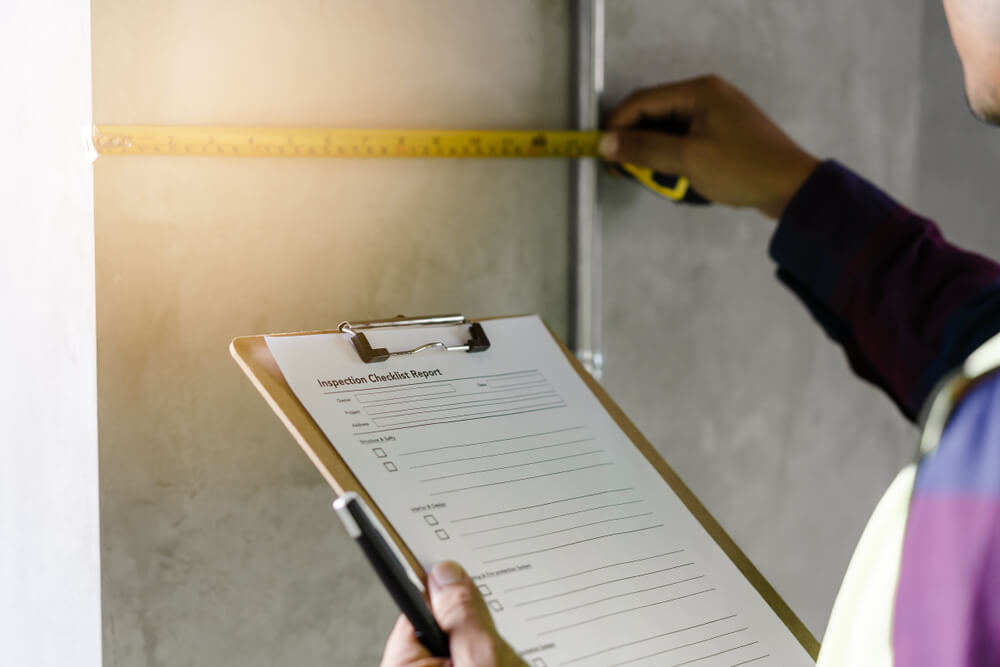For most homebuyers in Malaysia, the sales and purchase agreement (SPA) is one of the most important documents ever to be signed, marking a significant milestone in their lifetime.
This is especially true when you consider that Malaysia adopts a “caveat emptor” ruling, a Latin term that means “let the buyers beware.”
What it means is that the buyer assumes all the risks when it comes to the purchase of the property. After the SPA is signed, the homebuyer cannot request any compensation from the seller for any faults or repairs after the fact, unless it is stated otherwise in the SPA.
Hence, the SPA is not just a document that signifies the ownership transfer of a property (along with several other documents); it also ensures your rights to the property as well.
5 Key Details Within a SPA
1. Property type
The SPA should clearly state the property type: residential, commercial, or industrial.
It is important to understand the differences, as it will directly affect many aspects of homeownership: utility bills, loan-to-value ratio, property taxes, quit rent, land valuation, and so on.
With the rise of mixed development properties, the line between residential and commercial property has been blurred. Hence, it is important to pay attention to the legal classification written in the SPA.
2. Land title and tenure
The SPA will also clearly state if your property is a freehold or leasehold property. Also, pay attention to the land title indicated in the contract.
Freehold vs. leasehold property
Simply put, a freehold property means that the home buyer will have the rights to the property in perpetuity (forever).
A leasehold property means that the home buyer effectively “leases” the land from the government for a period of time. This means that the lease has to be renewed every few decades to ensure that you have continued rights to the land.
Land titles
A master title is typically given to property developers and landowners at the time of property developments.
A strata title, in extremely simplified terms, is where individual properties form a collective larger shared development and is usually given to property owners of high-rise buildings.
An individual title is typically given to landed properties, where the owner is the only sole party responsible for the land the property is built on.
3. Vacant possession
Vacant possession is a term that refers to the seller’s obligation to ensure that the property is suitable for occupation.
When can you expect vacant possession and the key handover?
- For landed properties under construction: within 24 months after signing the SPA
- For high-rise properties: 36-48 months after signing the SPA
However, a common misconception is that the homebuyer becomes the official owner of the property the moment they receive the keys.
That is not necessarily true. The homebuyer will officially become the owner of the property the moment they have received the property title mentioned earlier, i.e. strata title or individual title.
4. Liquidated damages
What happens if the property developer has yet to pass you the keys to the property, or even complete the construction of the property after the stipulated vacant possession date?
This is where liquidated damages (LAD) comes into play, where the developer has to compensate the homebuyer for the late delivery of vacant possession. This section of the SPA will clearly detail the terms of the compensation. It is a key part of ensuring the rights of the buyer of a property under construction.
5. Defect liability period
Essentially a “warranty period” for newly developed properties, the developer would have to repair any faults in a property free of charge throughout the defect liability period (DLP).
The SPA will clearly state the duration of the DLP, which usually lasts for 6-12 months, and the defects covered by the DLP.
Bonus: Lock-in period
The lock-in period determines the duration where you must maintain the loan with the bank, which usually lasts for three years. Paying the loan back fully within this time period will usually incur penalty charges.
The lock-in period is usually found within the loan documents rather than the SPA. However, it is still an important element to pay attention to if you plan on selling the property quickly for a quick profit after purchasing it.
Don’t let the huge stack of paperwork and the legal jargon intimidate you. Make sure you scrutinise the SPA before signing. In most cases, going through all the nitty-gritty details will save you a lot of trouble later on.
Here is the best tip of all: why not let a trusted property agent guide you through the entire process of buying a home?
Looking to buy property in Malaysia?
Here at Ohmyhome, our team of trusted agents will take care of your home buying journey from search, mortgage advisory, deal closing and all the way through to legal conveyancing.
Visit Ohmyhome today to find out more! Or call +60 16-299 1366














